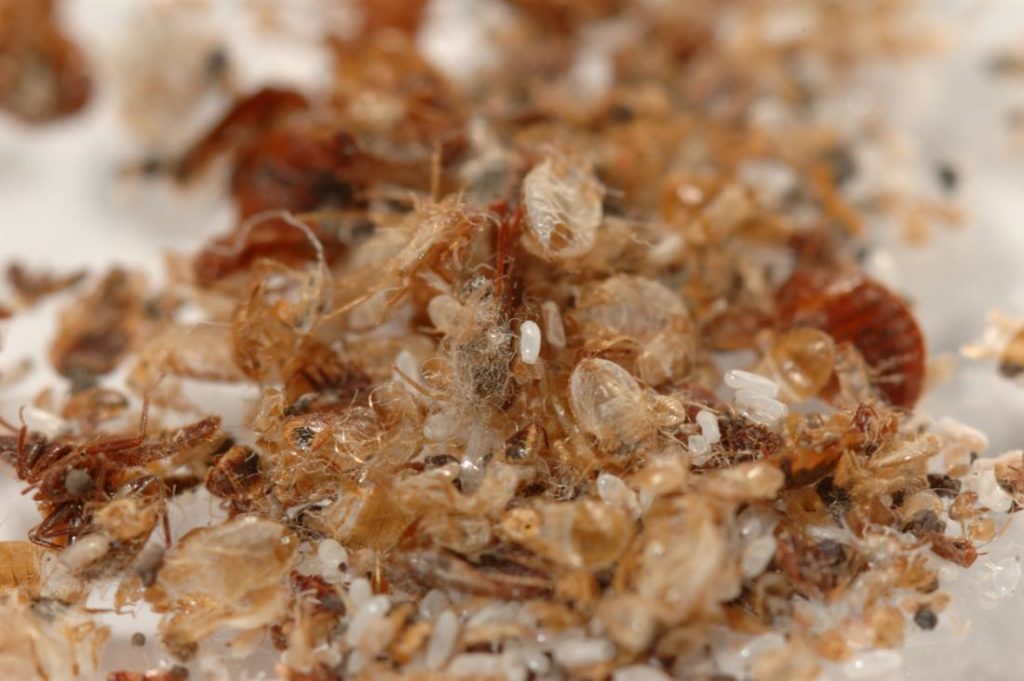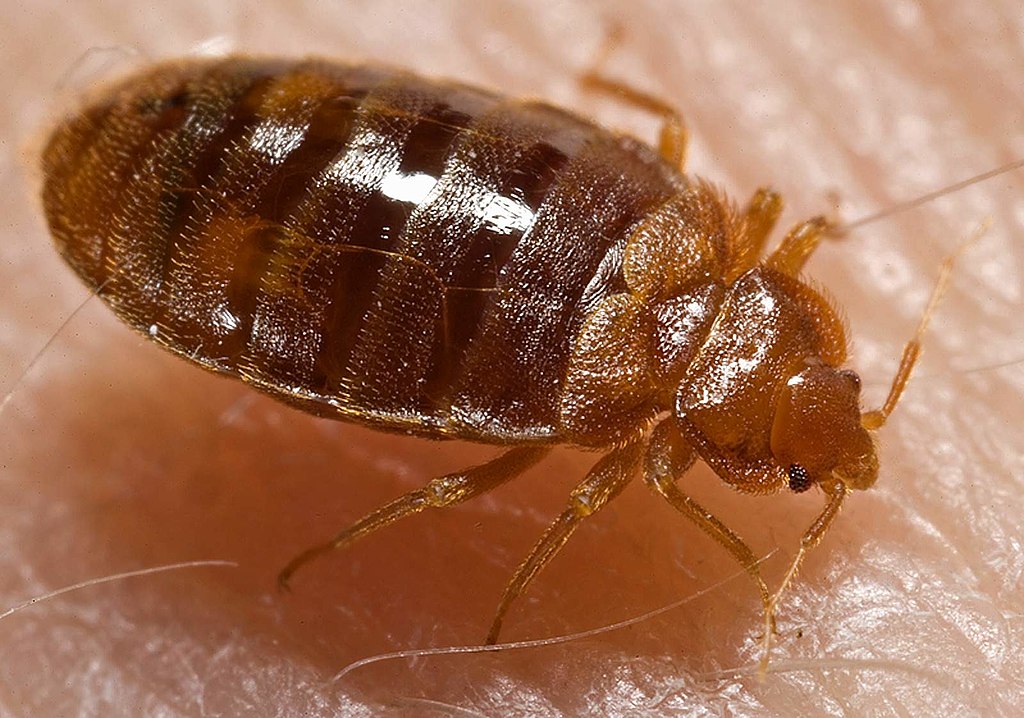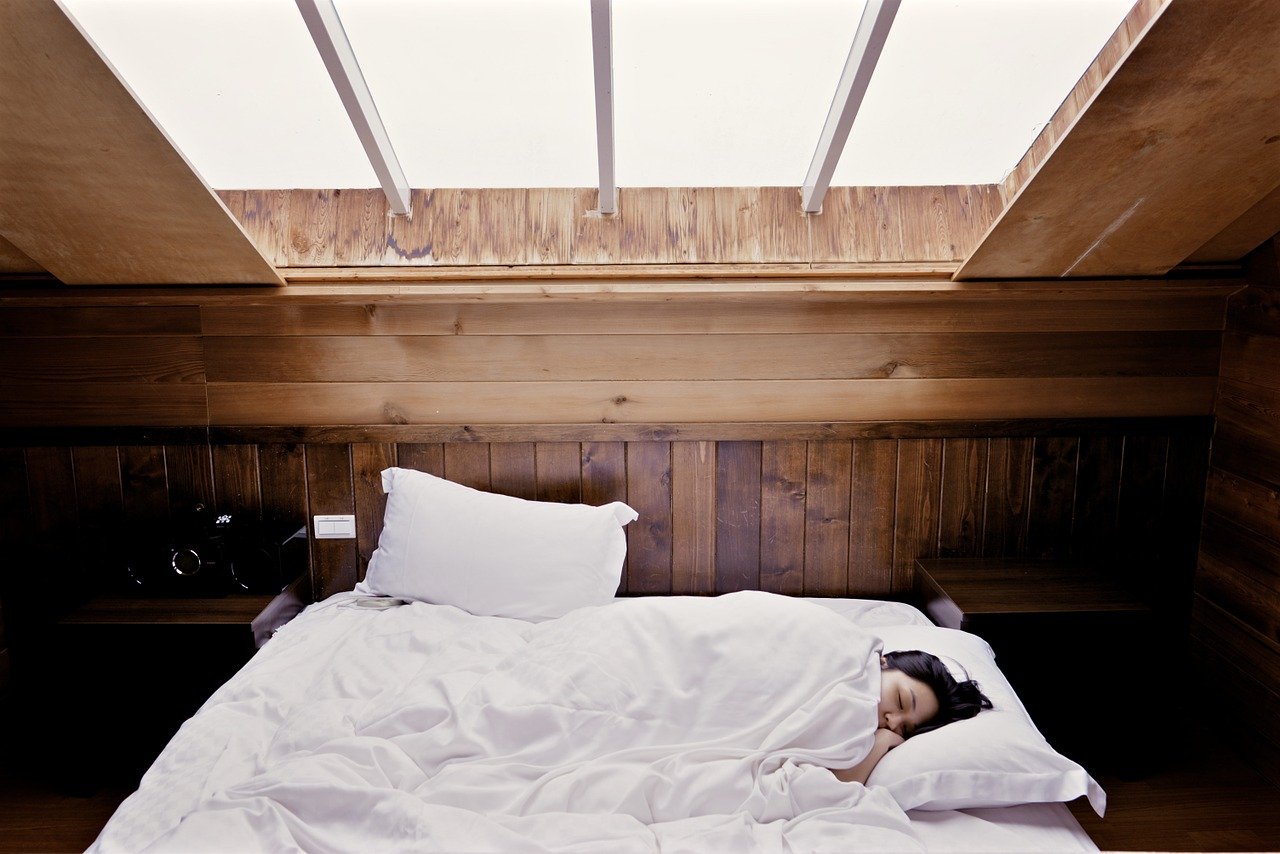When people discover they have a bed bug infestation in their room, their first reaction is to sleep in a different part of their home to avoid the pests. But this is actually a bad idea, and can do more harm than good. But where do you sleep if you have bed bugs at home?
Why you think you should change where you sleep
Your first thought after discovering a bed bug infestation is to sleep in another room. After all, who wants to sleep on a mattress riddled with bloodsucking insects – right? But, unfortunately, it’s not as simple as that…
- You don’t like the thought of sleeping with insects. Bed bugs are small parasitic insects that feed on your blood. They can nest on the corners of your bed frame, in the gaps and holes of your mattress, and on zippers. They can leave blood stains, carcasses, and feces behind, so it’s understandable if you don’t like sleeping on an infested mattress. Bed bugs are pretty disgusting.
- You think you can get away from bed bugs. If you sleep elsewhere, you will be safe from the bed bugs, right? That’s not necessarily true. Bed bugs need to suck your blood regularly to survive, and they can find you even if you are not on your bed. They can track you down with the carbon dioxide you breathe out.
- You think you can contain the infestation. You try to sleep elsewhere to not disturb the infestation and contain it on your mattress. But this doesn’t really work because bed bugs can track you down and crawl to you, not to mention that they can live beyond your mattress too.
You have to change your mindset. You can’t really get away from bed bugs or contain the infestation just because you try to sleep in another room.

Some tips on sleeping in a room with bed bugs
It’s advisable to sleep in the same room. Fortunately, there are ways to avoid the bloodsucking insects even if they are near you.
1. Call a pest control professional
The best way to get rid of a bed bug infestation is to call a pest control professional. Bed bugs are not the usual pest that you can eliminate with DIY methods. They are better handled by professionals.
A pest control professional will be able to diagnose your problem, treat it accordingly, and coordinate with you to ensure the effectiveness and safety of the treatment. They also put you out of the equation. You won’t have to deal with these disgusting pests first-hand.
2. Inform your landlord
If you are renting the property, make sure to inform your landlord of the infestation. Landlords are legally obligated to make their rental property decent and livable. They may even be required to pay for the pest control professional that will handle your case.
But there may be exceptions. You may be the one required to pay if it has been proven that the bed bug infestation has occurred because of your own negligence. Whatever the case may be, communication with your landlord is very important.
3. Avoid changing where you sleep
This can’t be stressed enough. You should not change where you sleep. You won’t completely get away from the pests and you may even contribute to their spread across your home.
Also, remember that bed bugs thrive not just in mattresses, but also in a lot of other spots in your home, including carpets, curtains, undisturbed piles of clothing, walls, and wooden furniture like cabinets and nightstands.
4. Use a mattress encasement
Sleeping on a bed with bed bugs is obviously not ideal. But it may be necessary to prevent the further spread of the pests. Don’t worry. There are things you can do to prevent getting bitten by bed bugs. You can use a mattress encasement.
A mattress encasement can contain bed bugs on your mattress. It’s not a perfect solution because you may already have bed bugs beyond your mattress. But it can be particularly effective on minor infestations.

5. Cover as much skin as possible
Bed bug bites are itchy red bumps that are usually found in a line. These bites can be really itchy because of how your body reacts to bed bug saliva. If the itching bothers you too much, you can try applying anti-itch creams or orally taking over-the-counter antihistamines.
To minimize the risk of bed bug bites, cover as much skin as possible when you sleep. This will give less room for bed bugs to operate.
6. Declutter the room
The more items you have in your room, the more places where bed bugs can hide. Throw away everything that you don’t need anymore, such as the pile of newspapers and the old shoeboxes under your bed.
Make sure to throw these items in garbage cans outside of your home, just in case they already have bed bugs in them. It also helps to vacuum every inch of the room and throw the contents of the vacuum bag in the same garbage cans.
7. Wash everything that can be washed
Even a clean home can have bed bugs. It’s not the dirt in the home that attracts these pests. With that said, cleanliness does help prevent bed bugs, but not the way you think.
Bed bugs can die in water, especially if the water is hot. This is the reason why you should launder everything that can be laundered, preferably in a hot setting in your washing machine.
8. Don’t throw away your mattress immediately
Bed bugs may have already spread across the room, so throwing away your mattress won’t really solve your bed bug problem. If there are bed bugs in the other parts of the room, your replacement mattress will just be infested too.
Mattresses with bed bugs are not a lost cause. With the proper elimination techniques, you can completely free them of bed bugs.
Avoid changing where you sleep
Where do you sleep if you have bed bugs in your room? You should sleep in the very same place to avoid the further spread of the pests. Fortunately, there are ways to protect yourself from bed bugs even if you sleep in the same room as them.
Maintain the cleanliness of the room, cover yourself and your mattress, and seek the help of pest control professionals and your landlord.

